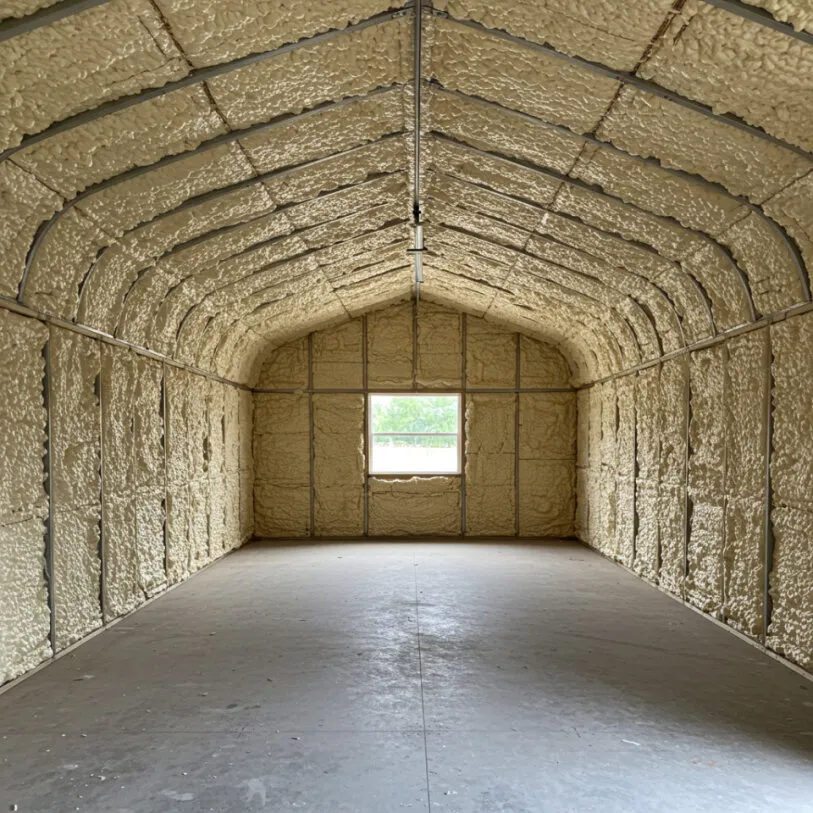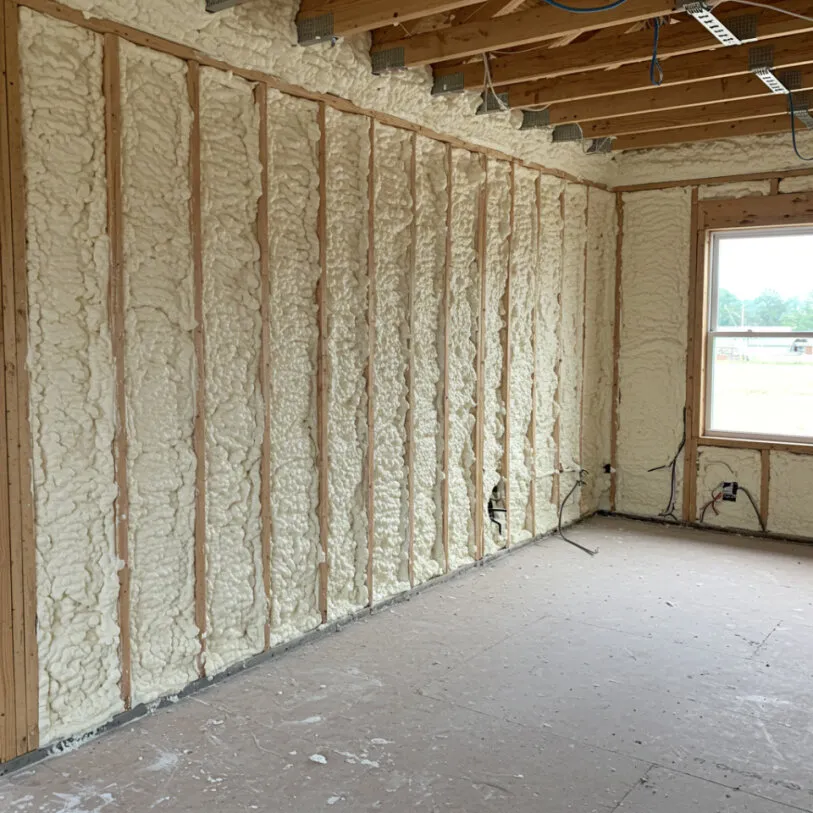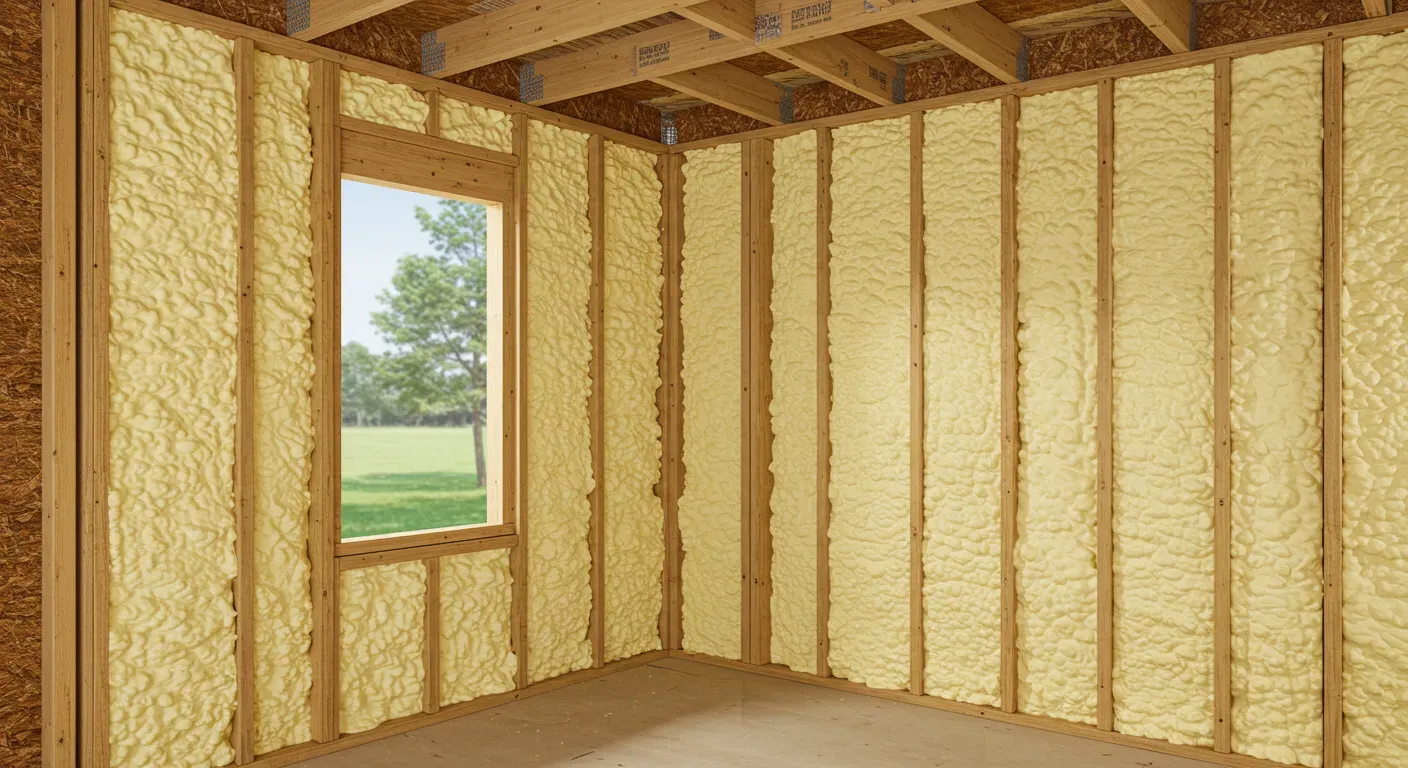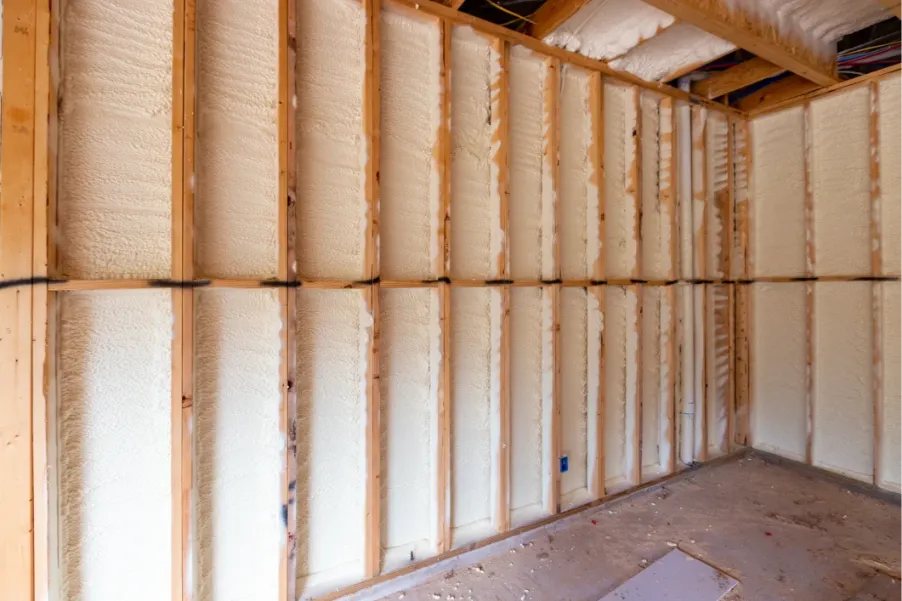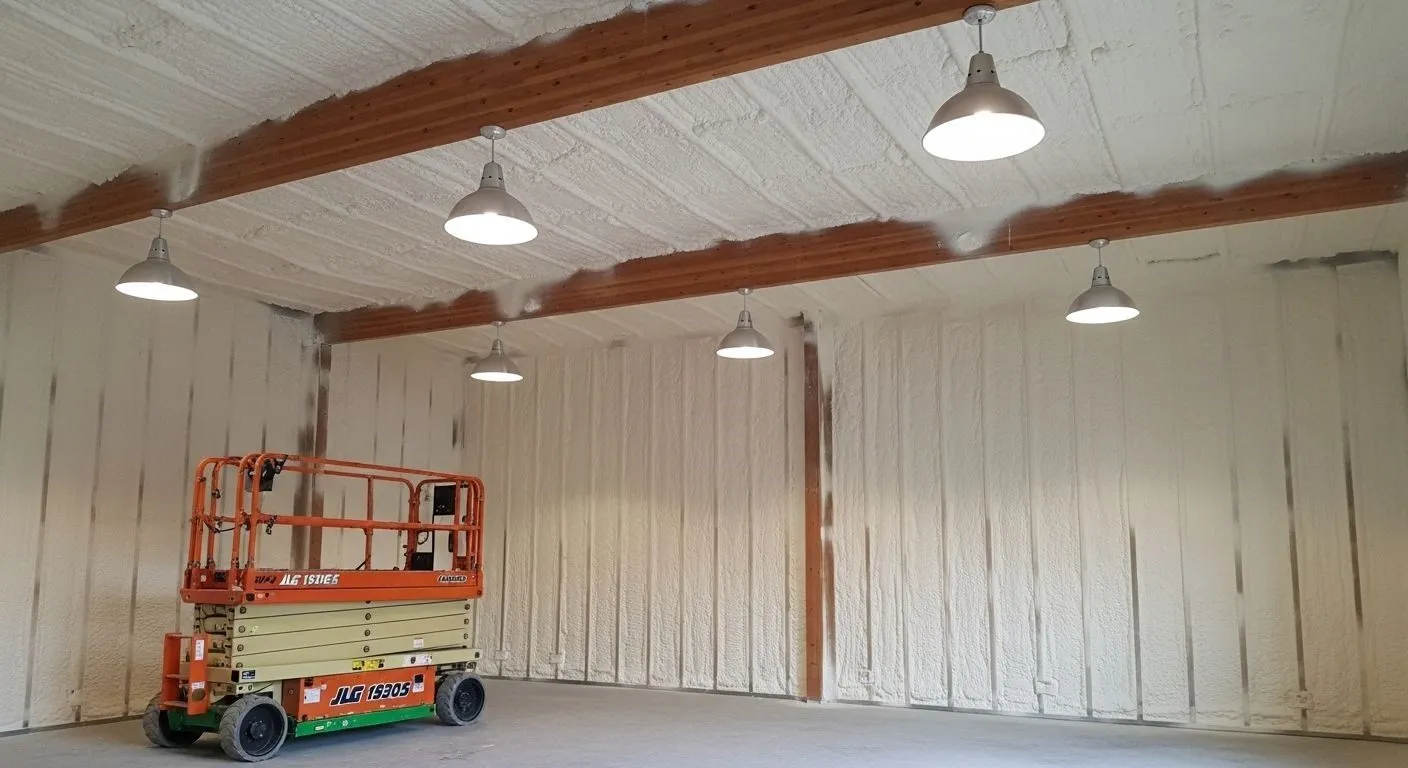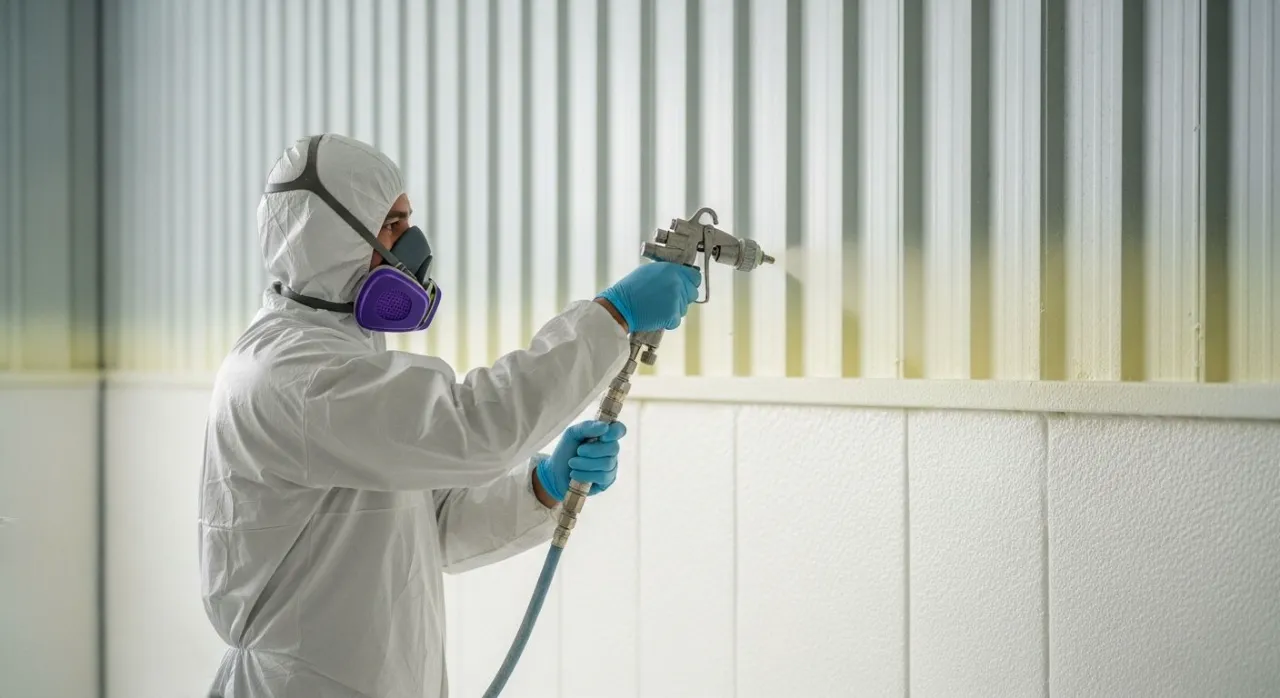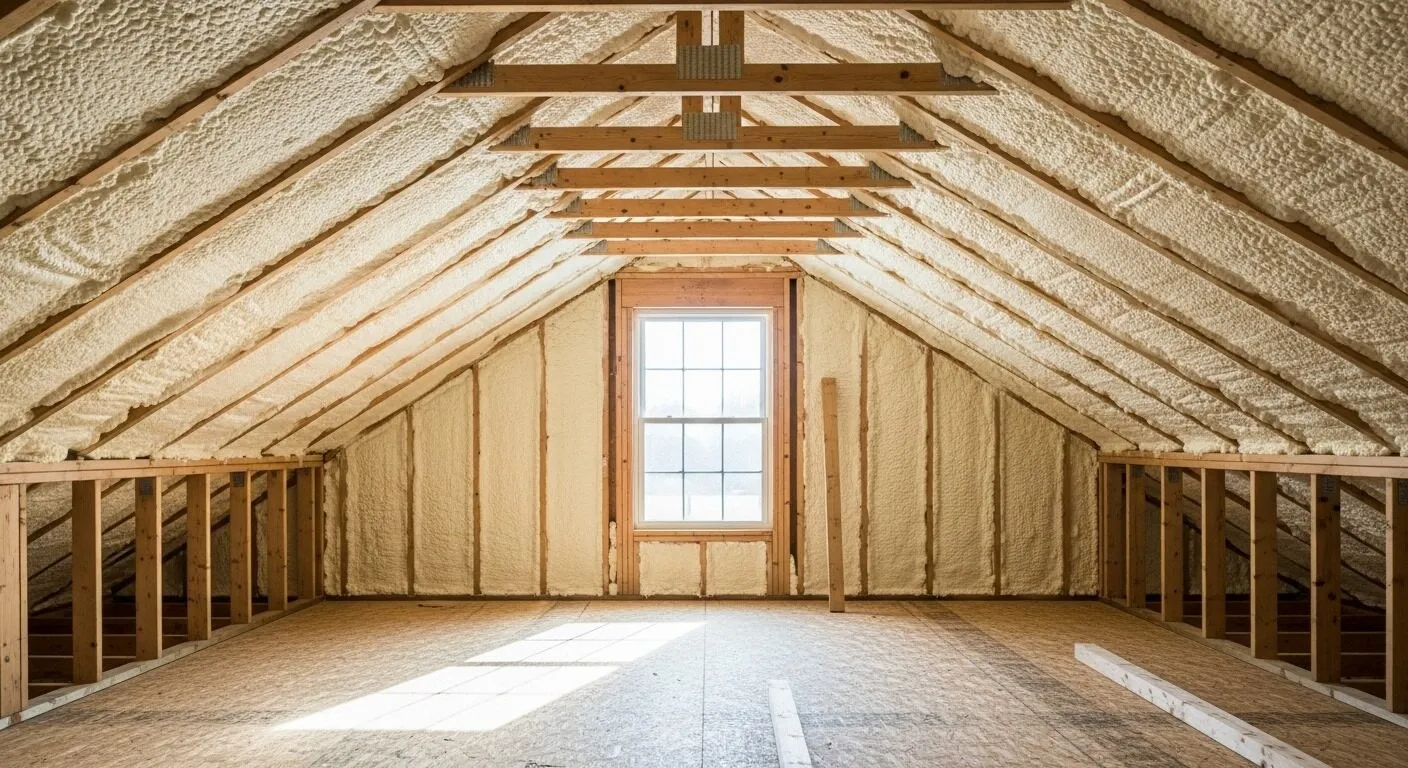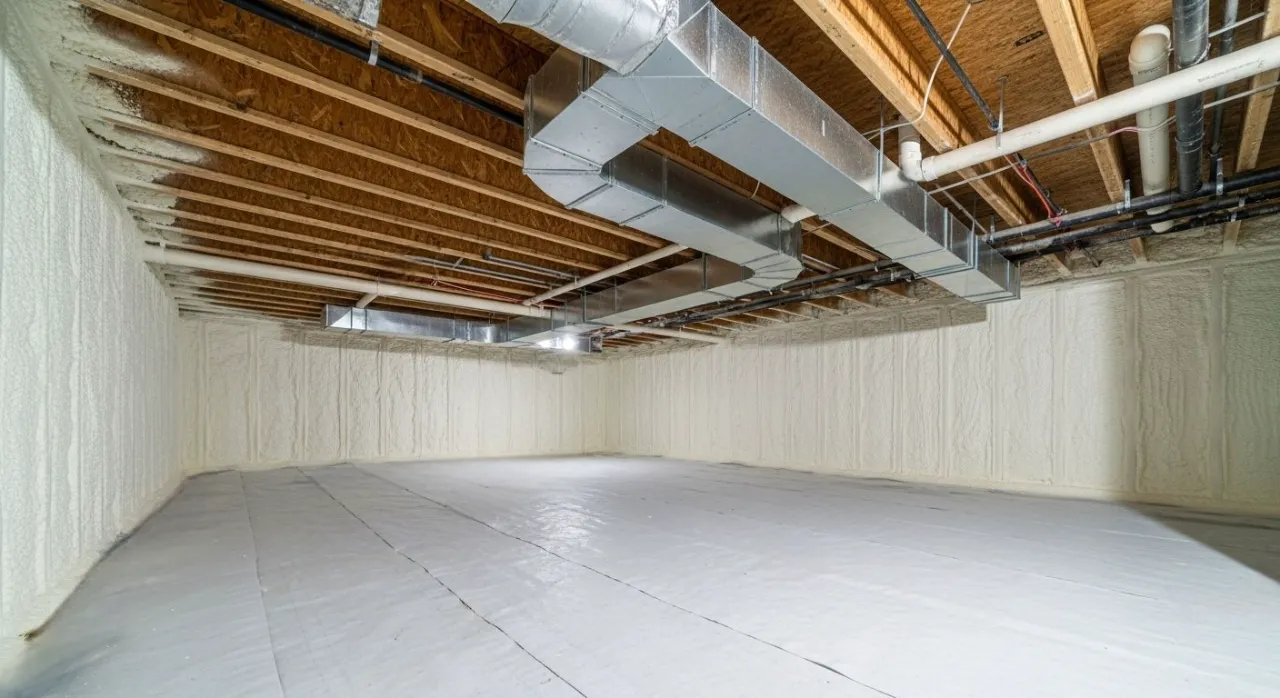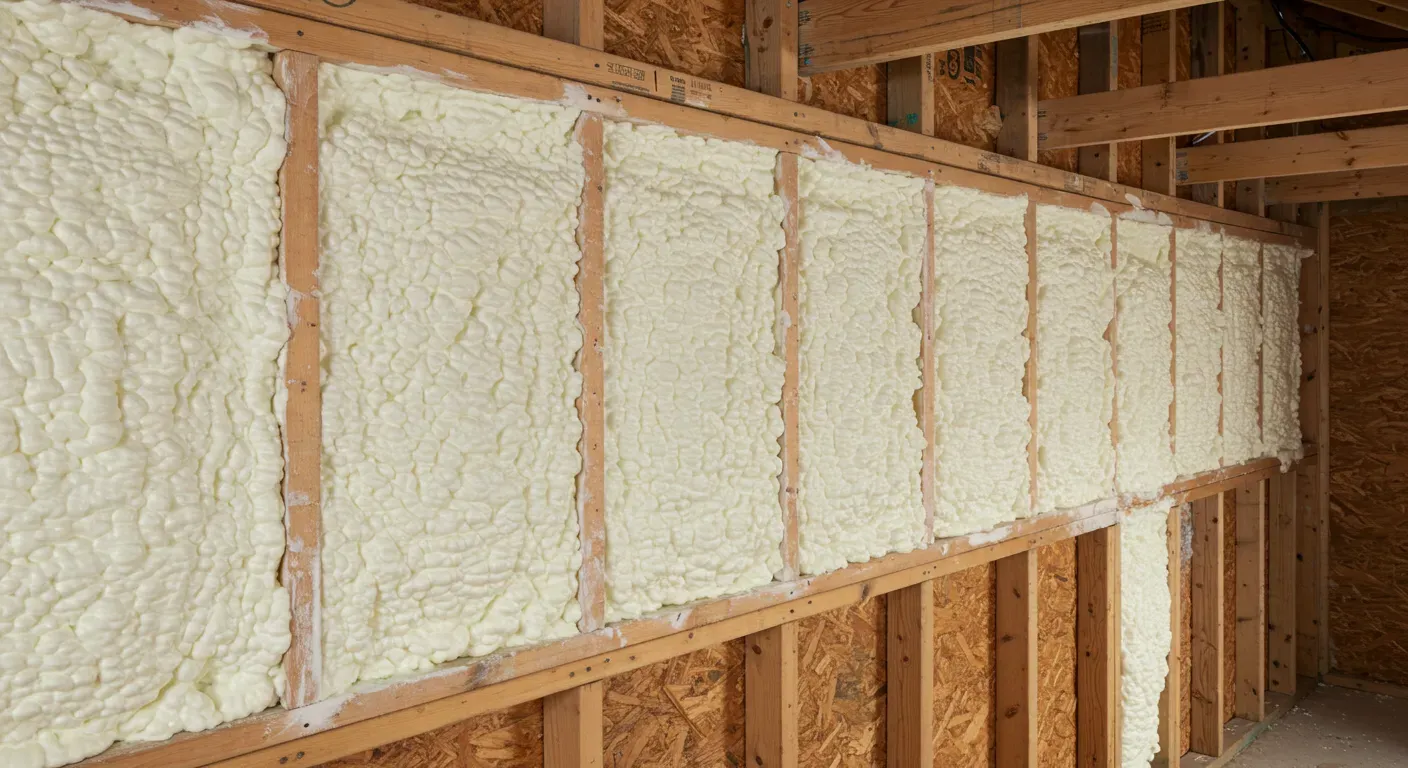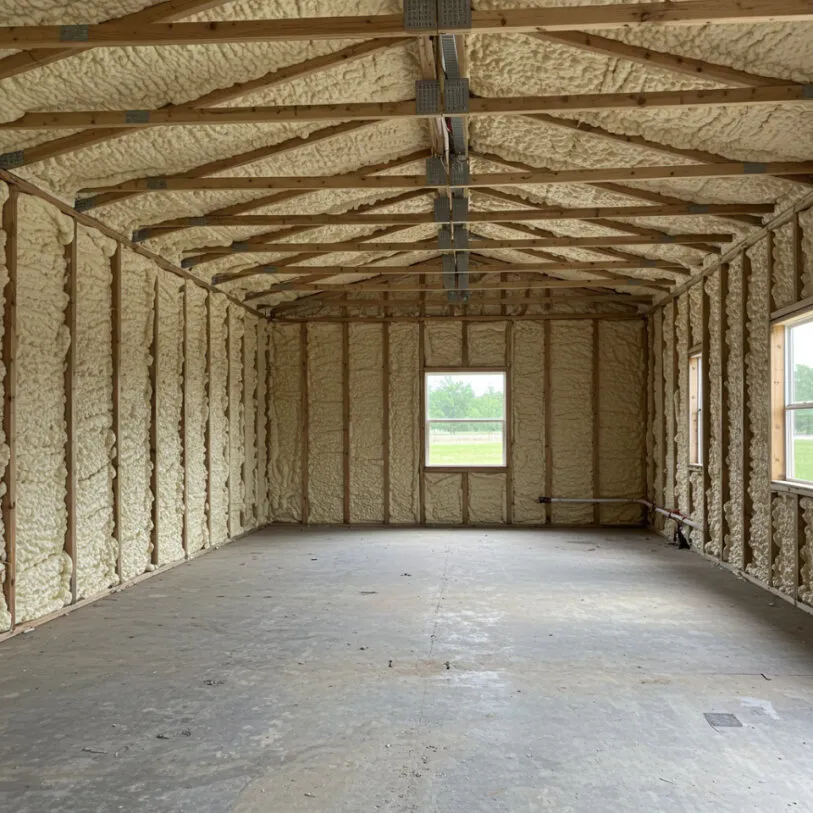Open-cell foam insulation creates a breathable yet protective barrier that prevents moisture accumulation while allowing your Tukwila home to maintain proper humidity levels. This unique material works by trapping air in its open-cell structure, which absorbs and slowly releases moisture vapor, preventing condensation that can lead to mold growth and structural damage in the Pacific […]
